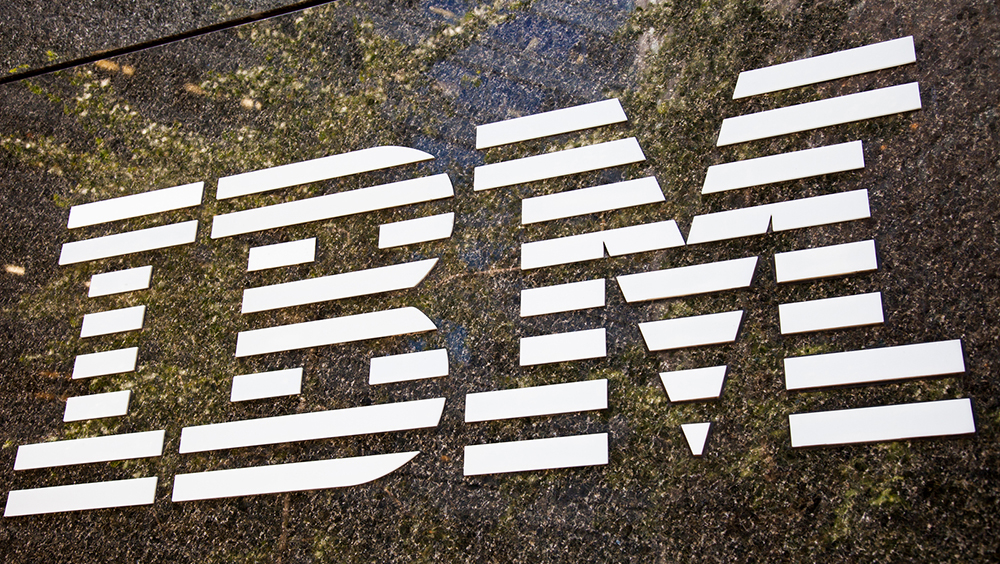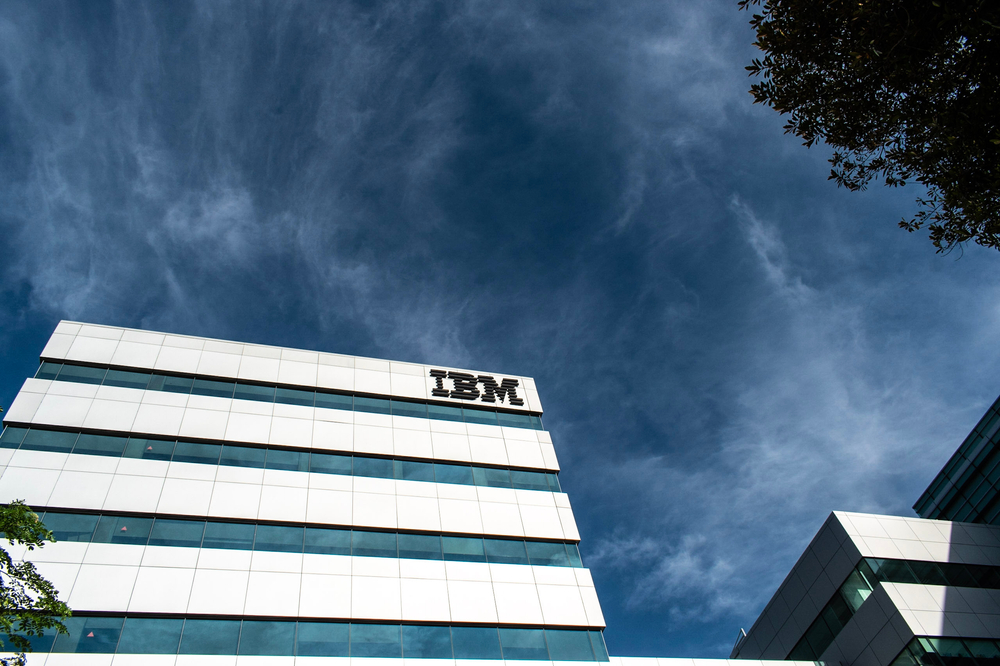IBM's cloud earnings grow, while overall revenues shrink
Q2 2016 results show that "strategic imperatives" are paying off


IBM's revenues in areas such as cloud computing and analytics rose in the second quarter of its financial year, despite an overall dip in growth.
Revenue from public, private and hybrid cloud grew by 30 per cent in Q2 2016, while mobile revenue went up by 43 per cent. Analytics revenue also had a slight uptick of four per cent, while security revenue was up by 18 per cent.
"IBM is pioneering new business opportunities beyond the traditional IT marketplace," said IBM CEO Ginni Rometty. "And we continue to invest for growth with recent breakthroughs in quantum computing, Internet of Things and Blockchain solutions for the IBM Cloud."
The results indicate that IBM's "strategic imperatives" are paying off. The company has been making significant investments cloud technologies, big data and artificial intelligence, as companies move away from legacy infrastructure.
In total, these imperatives grew by 12 per cent, while the company's overall revenue dipped by three per cent. IBM's cloud business and strategic imperatives now make up over half of its revenue.
However, as the revenue dip shows, an increase in IBM's cloud revenues is not enough to completely plug the gap in its finances caused by the steep decline in its legacy hardware business, and the company's systems division reported a revenue reduction of 23 per cent.
TechMarketView analyst Kate Hanaghan noted that while IBM is going in the right direction, it needs to be careful about its pace.
Get the ITPro daily newsletter
Sign up today and you will receive a free copy of our Future Focus 2025 report - the leading guidance on AI, cybersecurity and other IT challenges as per 700+ senior executives
"Wrestling with the balance between legacy and emerging IT services revenue is an industry-wide challenge," she said. "We believe IBM has the right approach but this level of transformation takes time - especially when you're moving into (and creating) new markets."
Hanaghan added: "To become the type of supplier that will be around (and will thrive) for years to come, you have to be different and be disruptive. However, you must also show patience - something that shareholders are less likely to do."
Adam Shepherd has been a technology journalist since 2015, covering everything from cloud storage and security, to smartphones and servers. Over the course of his career, he’s seen the spread of 5G, the growing ubiquity of wireless devices, and the start of the connected revolution. He’s also been to more trade shows and technology conferences than he cares to count.
Adam is an avid follower of the latest hardware innovations, and he is never happier than when tinkering with complex network configurations, or exploring a new Linux distro. He was also previously a co-host on the ITPro Podcast, where he was often found ranting about his love of strange gadgets, his disdain for Windows Mobile, and everything in between.
You can find Adam tweeting about enterprise technology (or more often bad jokes) @AdamShepherUK.
-
 Cleo attack victim list grows as Hertz confirms customer data stolen
Cleo attack victim list grows as Hertz confirms customer data stolenNews Hertz has confirmed it suffered a data breach as a result of the Cleo zero-day vulnerability in late 2024, with the car rental giant warning that customer data was stolen.
By Ross Kelly
-
 Lateral moves in tech: Why leaders should support employee mobility
Lateral moves in tech: Why leaders should support employee mobilityIn-depth Encouraging staff to switch roles can have long-term benefits for skills in the tech sector
By Keri Allan
-
 IBM and SAP expand partnership to drive generative AI capabilities
IBM and SAP expand partnership to drive generative AI capabilitiesNews The new Value Generation initiative aims to deliver greater client productivity gains through generative AI solutions
By Daniel Todd
-
 Driving business innovation through application modernization and hybrid cloud
Driving business innovation through application modernization and hybrid cloudwebinar Transform with IBM Z
By ITPro
-
 Building an intelligent, modern, sustainable enterprise
Building an intelligent, modern, sustainable enterpriseWhitepaper Accelerate your SAP transformation with IBM and AWS
By ITPro
-
 Tangible business value from cloud transformation remains elusive
Tangible business value from cloud transformation remains elusiveWhitepaper Discover the top five secrets to mastering cloud for business
By ITPro
-
 Cloud-enabled manufacturing
Cloud-enabled manufacturingWhitepaper Operations and IT leaders turn ambition into advantage
By ITPro
-
 DCIG: Top five enterprise Storage as A Service solutions
DCIG: Top five enterprise Storage as A Service solutionsWhitepaper Operations and IT leaders turn ambition into advantage
By ITPro
-
 Amplify business transformation with business intelligence
Amplify business transformation with business intelligenceWhitepaper Four key benefits of moving your operations to the cloud
By ITPro
-
 Cloud security breaches surge on a wave of stolen credentials
Cloud security breaches surge on a wave of stolen credentialsNews Cloud security attacks are growing in both scale and intensity, according to new research from CrowdStrike, with threat actors leveraging stolen credentials to devastating effect
By Steve Ranger